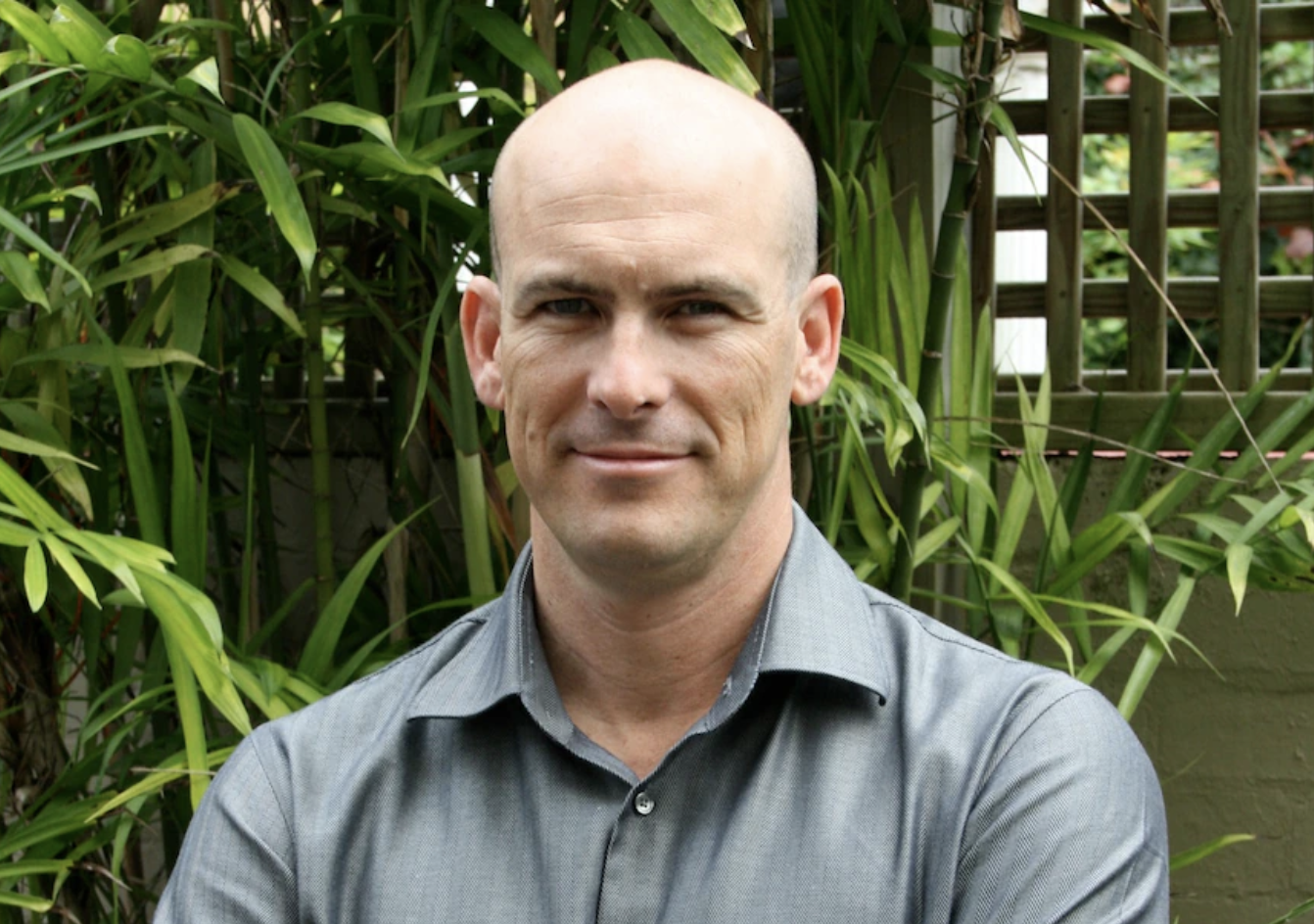Everything
It feels like longer but we’re only in the first days of September and the most important day of the year is on us – R U OK? Day.
Call, text, email – take the time today to reach out to someone and see how they’re doing. Also, do the same for yourself. Make a call and let someone know if you’re not doing okay.

Since 2009, R U OK? Day has been providing an annual reminder to make a mental check in on our mates since 2009. Founder Gavin Larkin launched the initiative after tragically losing his father to suicide and then surviving his own experiences of depression.
Considering the circumstances, a check-in with mates to see how they’re holding up is more important than ever. Since the pandemic begun, there has been an upswing of people reporting that they are struggling with various forms of mental health issues. In a report done by The Guardian, that one in five Australians are experiencing high degrees of psychological distress linked to the Covid 19 pandemic.
Feelings of depression, anxiety, mental fatigue, struggling to sleep and feeling unmotivated – all these are small signs that maybe you’re not doing as well as you think you are.
Even before the pandemic’s impact on mental health, the facts surrounding suicide were sobering to say the least. According to data obtained by the ABS, up to eight people take their lives every day across Australia. A further 30 will attempt to take their life.
It’s a conversation that many of us might feel uncomfortable bringing up – either because we ourselves are struggling with our mental health or are too concerned to bring it up with someone for fear of offending them. But as the numbers show, the risk of not talking is pretty high. Asking someone how they are and genuinely listening can make all the difference.
But the importance of R U OK? Day goes beyond September 9.
Mental health, and taking care of it, isn’t a one day of the year thing. It’s a process. One of the pillars of R U OK Day is to encourage an ongoing conversation that makes people feel safer about admitting when they’re not doing okay.
Before you make the call or send the text, make a mental check-list.
Importantly, if you plan on reaching out – be prepared to listen. Listen to what your mate has to say and make sure they know they’re being heard. And make sure that you’re also prepared for any possible reply – including that no, they’re doing well.
- Are you in a good headspace yourself to ask if someone else is okay?
- Are you genuinely willing to listen?
- Do you have enough time to give as is needed?
And when it comes to answering:
- Do I understand that if I ask how someone’s going, the answer could be: “No, I’m not”?
- Do I understand that you can’t ‘fix’ someone’s problems?
- Do you understand they might not be ready just then? Or unable to talk to you?
For a much more thorough breakdown, the R U OK? Day team have developed a guide that can help you navigate this kind of conversation with someone.
If you are worried that someone might truly be in danger, or if you yourself are concerned for your own health, you can also call Contact Lifeline’s 24 hour support line for crisis support on 13 11 14.